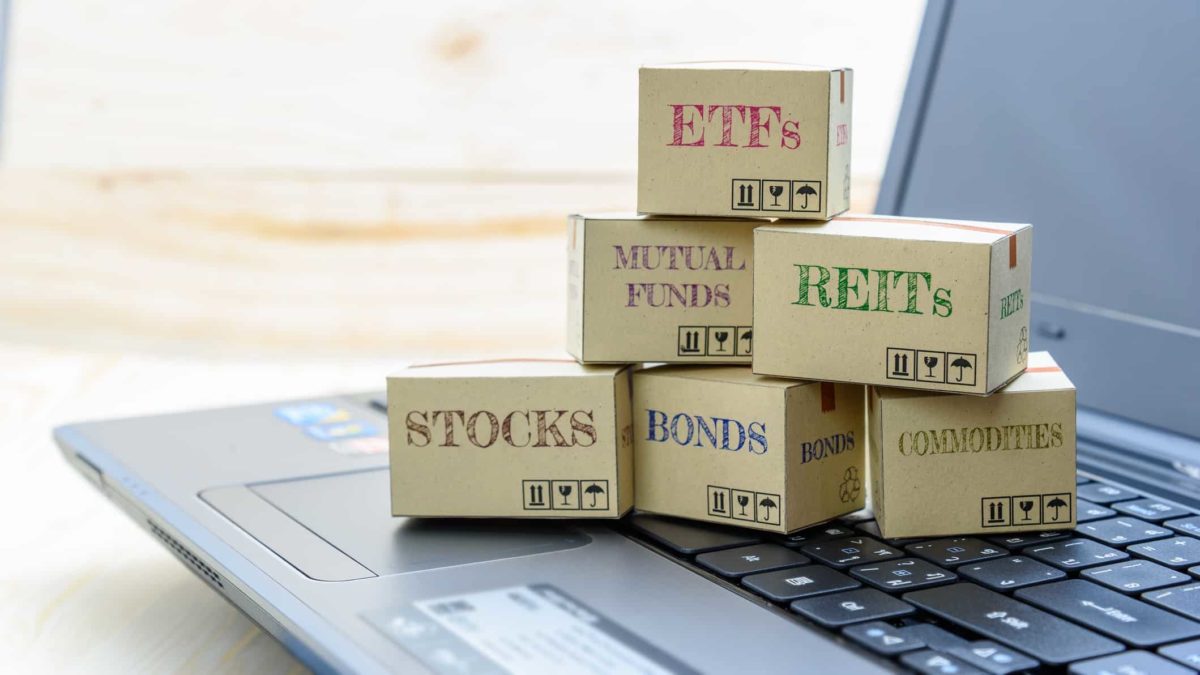Should fixed-interest investments be a part of your ASX share portfolio in 2020?
A fixed-interest investment normally refers to bonds. These are an asset class entirely different from the S&P/ASX 200 Index (ASX: XJO) shares like Woolworths Group Ltd (ASX: WOW) or CSL Limited (ASX: CSL) that ASX investors would be used to. A bond is essentially a loan. When you buy a bond, you are in effect loaning the issuer money at both an agreed interest rate and a set repayment date (hence the term 'fixed-interest').
Bonds have been popular as an asset class in the past. That's because they tend to be both less 'risky' and less volatile than investing in ASX shares. Investors who invest in bonds are normally happy to accept a potentially lower rate of return in exchange for this 'safety' and stability. The most popular type of bond is one issued by a reputable government (such as Australia or the United States). A government has the ability to print money if necessary, and thus can never really 'go broke'. Thus, the creditor never has a real risk that the bond issuer will default on its loan.
But the investment thesis for bonds is radically different today than it was even 5 years ago. So, do fixed-interest bond investments have a place in a 2020 ASX share portfolio?
Why is the fixed-interest landscape different today?
Fixed-interest investments are a direct function of interest rates. When a government's central bank sets a cash rate, the government will usually issue bonds with interest rates at a very similar level. For example, in July 2010, the Australian cash rate was at 4.5%. That meant any government bonds issued at that date would have had an interest rate attached to them roughly in that ballpark. A 4.5% 'risk-free' investment might sound pretty good. But consider this – today, instead of 4.5%, the Australian cash rate is at a record low of 0.25%.
The Reserve Bank of Australia (RBA) is actively intervening in the bond market to ensure that 3-year Australian government bonds are yielding no more than 0.25% per annum. Even a 10-year government bond is only offering an interest rate of 0.85% per annum at the time of writing. If locking your money up for a decade with a guaranteed 0.85% per annum doesn't sound like a great deal to you, I don't think you'd be alone.
Should you invest in bonds in 2020?
I don't think it makes much sense to invest in bonds or fixed-interest investments in the current economic climate. The RBA has effectively told us that interest rates will likely remain at record lows for at least a number of years.
But if you do want some of the certainty and stability that bonds arguably still offer, then exchange-traded funds (ETFs) are an easy way to build a fixed-interest position into your portfolio. You could consider the Vanguard Australia Fixed Interest Index ETF (ASX: VAF) or the iShares Treasury ETF (ASX: IGB), which are 2 of the largest bond ETFs on the ASX.








